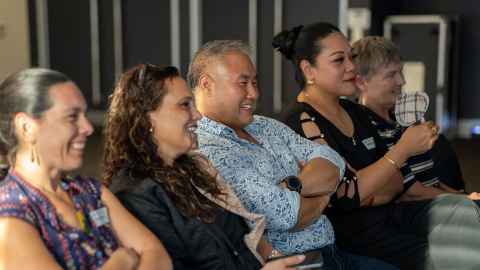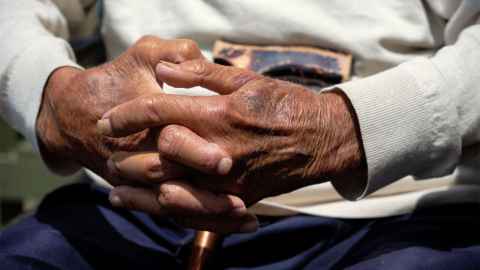Waipapa Taumata Rau | University of Auckland

New students
Find out everything you need to know about being a new student and life at Uni.
Find out moreAko tahi ki a mātou | Study with us

Welcome to O'Week 2026!
From meeting your crew at Clubs Expo to dancing the night away at Alfred St Party, there's something for everyone.
Check out the lineupNgā taumata ako | Study levels
Tūhuratia | Discover

Scholarships and awards
Each year we award scholarships and prizes to thousands of students just like you.
Find out moreNgā rauemi me te tautoko | Help and support

No.1 ranked NZ University
Ranked in the top 100 universities worldwide, we're also the top ranked university in New Zealand.
Find out moreRangahau me te auahatanga | Research and innovation

Mātātaki | The Challenge
How researchers are taking on the big challenges facing New Zealand and the world.
Read moreNgā kaupapa me ngā hui | News and events

SDG Action and Awareness Week
From 2-6 March, the University is launching the SDG Pledge. Students and staff are invited to act on issues aligned to the 17 Sustainable Development Goals.
Find out more
University events
Stay up-to-date with the wide range of events and activities happening at the University.
Explore events














